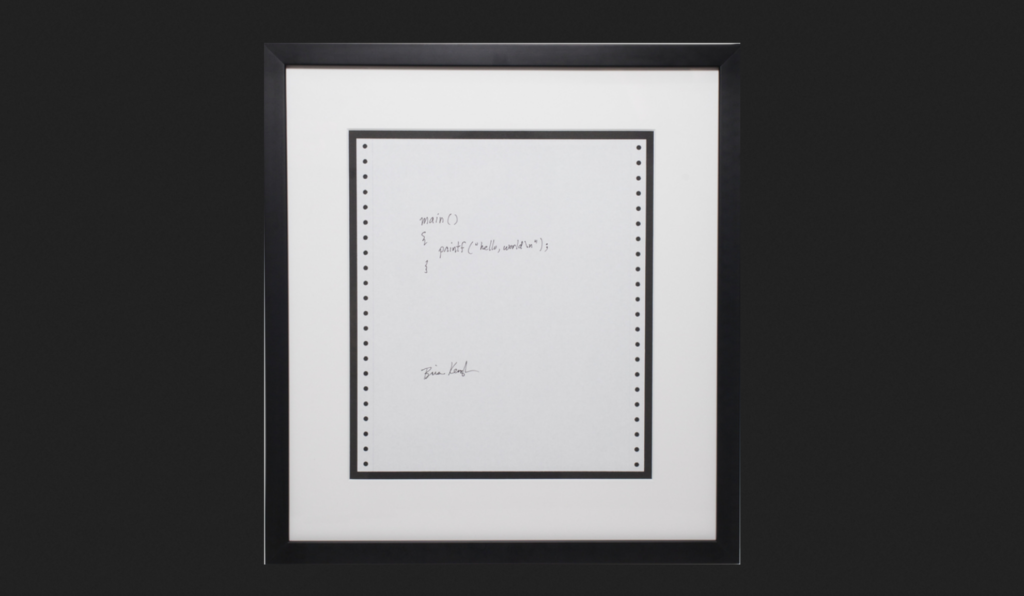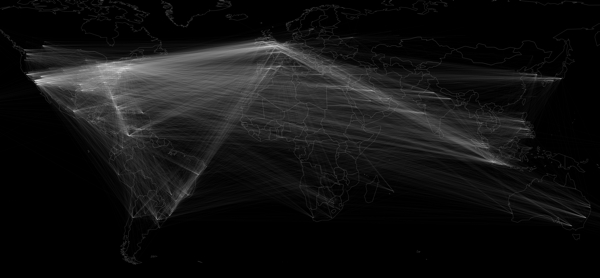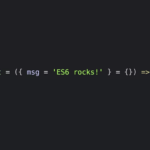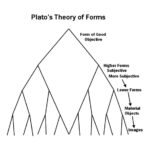
‘Hello World!’ by programmer and computer scientist Brian Kernighan, written in C, containing the first known version of the ubiquitous programming convention.
I might as well have grown up part Amish. In fact, family road trips just a couple of years ago would consist of pit-stops that would see those awkward road-map pamphlets unfold to cover our entire windshield so the driver could get their bearings. “Human eyes and ears are best!” they would say.
It’s not that my family were intentionally luddites. It’s just that they were convinced that most new technology were fads and wouldn’t last. It was when they needed to get something new out of necessity – like a VCR to play all of this year’s new movies when beta tapes became obsolete, or satellite TV to keep up with their shows on the new non-cable channels – that I suddenly held all the power. I’d sit there, devouring user manuals like a maniac, making things work when no one else could be bothered to try. This became my little zone of expertdom, and I liked it very much. What started as a family duty became more of a hobby when I acquired (a.k.a. successfully begged for) our first P.C. with a dial-up internet connection. This was a piece of technology that felt solely mine, as no one else in the house really knew what it was even for (They just knew everybody was getting one for some reason).

This WAS nifty!
Fast forward to now, it’s odd that it isn’t so odd anymore that both my parents have Facebook accounts and use the internet daily. The old adage goes that fish don’t notice that they’re in water because it’s so ubiquitous around them. In the same token, the world is drowning in code. It permeates invisibly and is blurring the lines between the physical and digital, like a second layer building upon the first.
In highschool comp sci classes I built small Turing games (I remember even then the satisfaction of getting a program working like I was the god of a mini pocket-dimension on my screen), and at home I experimented with markup in the days of Geocities and Angelfire (when the internet was the coolest). I made more long-lasting friends on BBSs, imageboards and MMOs than I likely did in all of real middle school. This experience was probably shared by a lot of my peers as well – we used and interfaced with tech and the internet like it was an extension of us, and us an extension of it.

Data map of global tweets and retweets in 2013.
Digital natives who grew up on the internet are perhaps better suited in this world of ubiquitous code, equipped with metaphorical water wings to avoid sinking in the torrent of water that’s slowly drowning everything else. Water wings won’t let you explore the water’s depths though, only skim the surface – you can look at a website’s source-code all you want without knowing how it works. For me, learning to program was like investing in scuba gear, and learning web development is like learning to build a submarine.
The exponential increase in information technology coupled with its decrease in costs have made it so that there’s a computer nearly everywhere we look. From new microwaves, to car dashboards, to digital assistants like Alexa, nearly everything has a computer inside of it. This, coupled with the internet, can make things a whole lot cooler and more efficient (imagine a web app connected to a smart toothbrush that detects cavity prone areas and automatically sends you notifications of where to pay extra attention to when brushing), but it also makes things a whole lot stranger (and more dangerous) if you don’t have any idea of the technology and networking behind it all.
This is coupled with a tonal shift in the job climate that’s slowly occurring, as low-level jobs automate and new, more creative, high-level jobs are created, all leveraging this technology. In a sentence, it seems we’re transitioning from a menial ‘labour economy’ running on the sweat of one’s brow to a creative and technical ‘idea economy’ running on electrons of one’s motherboards.
I picked up my Dad the other day to drive him to an appointment downtown. It was on the way, and well, it’d give us some time to catch up.
“Turn on the GPS so we can see the fastest route,” he said.
Incredulously I turned to face the stranger who had somehow replaced my father while I wasn’t looking.
Yeah, it’s a brave new world alright. And if you happen to be one of the people that can see it flooding with code, then why not learn how to make waves?



